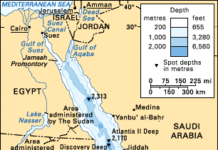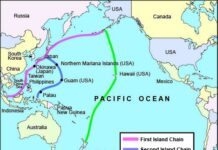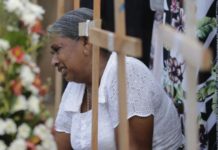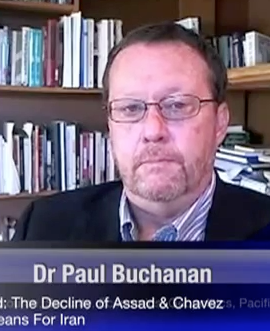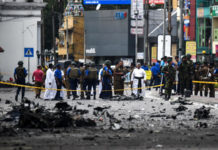Pacific Scoop PIF Coverage
Médecins Sans Frontières welcomes assistance for survivors
admin
Press Release – Medicines Sans Frontiers
PRESS RELEASE Médecins Sans Frontières welcomes assistance for survivors of fammily and sexual violence
PRESS RELEASE Médecins Sans Frontières welcomes assistance for survivors of fammily and sexual violence
AUGUST 31, 2012, Canberra
International medical humanitarian organisation Médecins Sans Frontières welcomes Australian Prime Minister Julia Gillard’s announcement of increased assistance to survivors of family and sexual violence in the Pacific as part of the $320 million Pacific Women Shaping Pacific Development initiative.
In some Pacific countries, such as Papua New Guinea (PNG) and the Solomon Islands, up to 70 percent of women are reported to have experienced sexual and gender based violence.
“A balanced response is required for the crisis including prevention and justice, as well as care for the survivors’ more immediate needs such as medical and psychological support and protection,” said Paul Brockmann, Médecins Sans Frontières Head of Mission in Papua New Guinea.
Médecins Sans Frontières operates family support centres in Lae and Tari in Papua New Guinea, in collaboration with local government-run hospitals. These centres offer a safe place for survivors of family and sexual violence to receive medical care and psychological first-aid. Family Support Centres provide treatment of injuries, emergency prophylaxis for HIV and other sexually transmitted infections, emergency contraception, psychosocial support and follow up care.
Médecins Sans Frontières is also training healthcare workers across the country to open similar centres in provincial hospitals and is running a pilot program exploring the possibility of making quality care available to survivors in more health centres at the district and local levels.
According to Medical Coordinator Sarah Quinnell, “At the family support centres in Lae and Tari, we treated a total of 2,554 patients for family and sexual-violence related injuries in the first seven months of this year. Of these patients, 112 were under the age of 15. Some 365 presented as a direct result of sexual violence, and 1,207 presented as a direct result of intimate-partner violence. One quarter, or 651 of these survivors reported receiving a direct death threat during the precipitating incident.”
“The immediate, important health needs of individual survivors of family and sexual violence are often overlooked, which can have a significant negative impact on long-term health of survivors. So we welcome the expansion of healthcare available to these patients as part of the focus of the Pacific Women Shaping Pacific Development initiative.”
Médecins Sans Frontières hopes that with these funds, the Government of PNG and its key civil society partners such as the Family & Sexual Violence Action Committee (FSVAC), will be able to: • Open and strengthen family support centres in all provincial hospitals;
• Improve tracking and reporting tools to accurately measure the prevalence of family and sexual violence in all regions;
• Make specific plans to expand provision of medical and psychological support to the district and local levels throughout PNG;
• Formalise a standard certificate to validate specialised training for nurses and midwives in providing care for survivors of sexual and family violence.
“It’s clear that there are positive signs in the past year: this new investment, as well as June’s publication of draft national guidelines for Family Support Centres, and the enrolment of more hospitals in the training program offered by Médecins Sans Frontières with support from FSVAC. We hope all actors will continue to focus on improving immediate care available, as well as addressing prevention and justice issues.”
In addition to the Family Support Centres in Lae and Tari, Médecins Sans Frontières provides emergency surgical services in Tari and supports the Buin Health Centre in Bougainville. At the end of 2011, Médecins Sans Frontières had 164 staff in Papua New Guinea. Médecins Sans Frontières first worked in the country in 1992.
###
Content Sourced from scoop.co.nz
Original url
This item is republished courtesy of Pacific.Scoop.co.nz.
Unless expressly stated otherwise, the findings, interpretations and conclusions expressed in this media release item do not necessarily represent the views of 36th Parallel Assessments.



